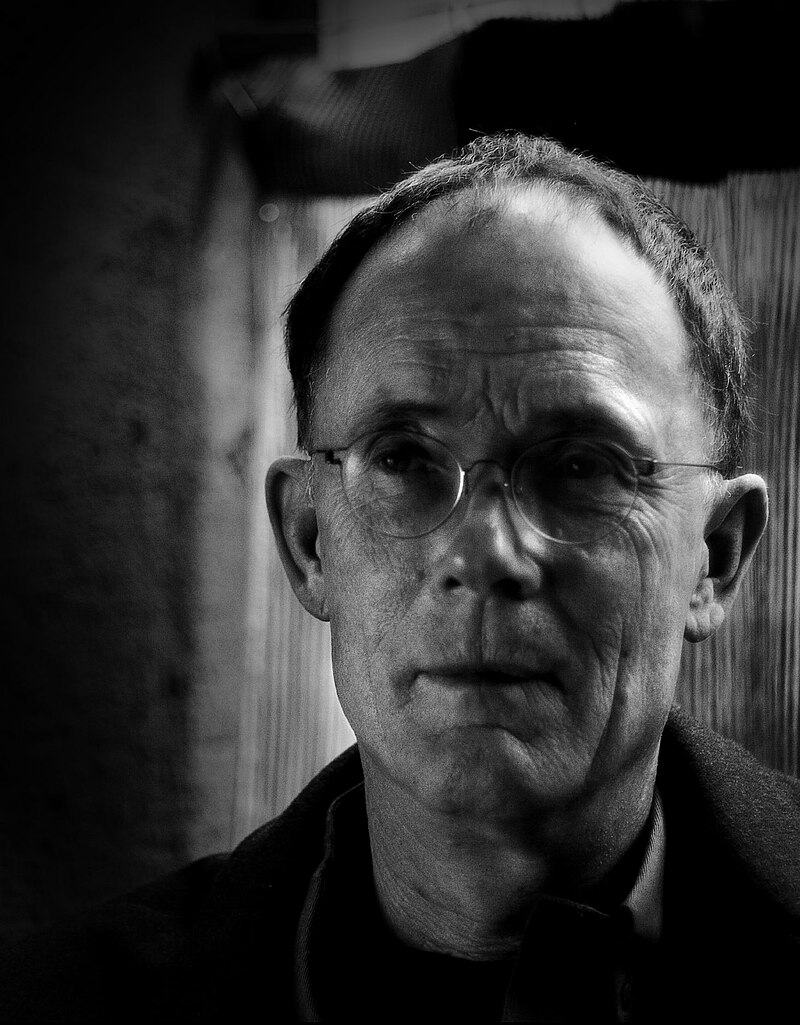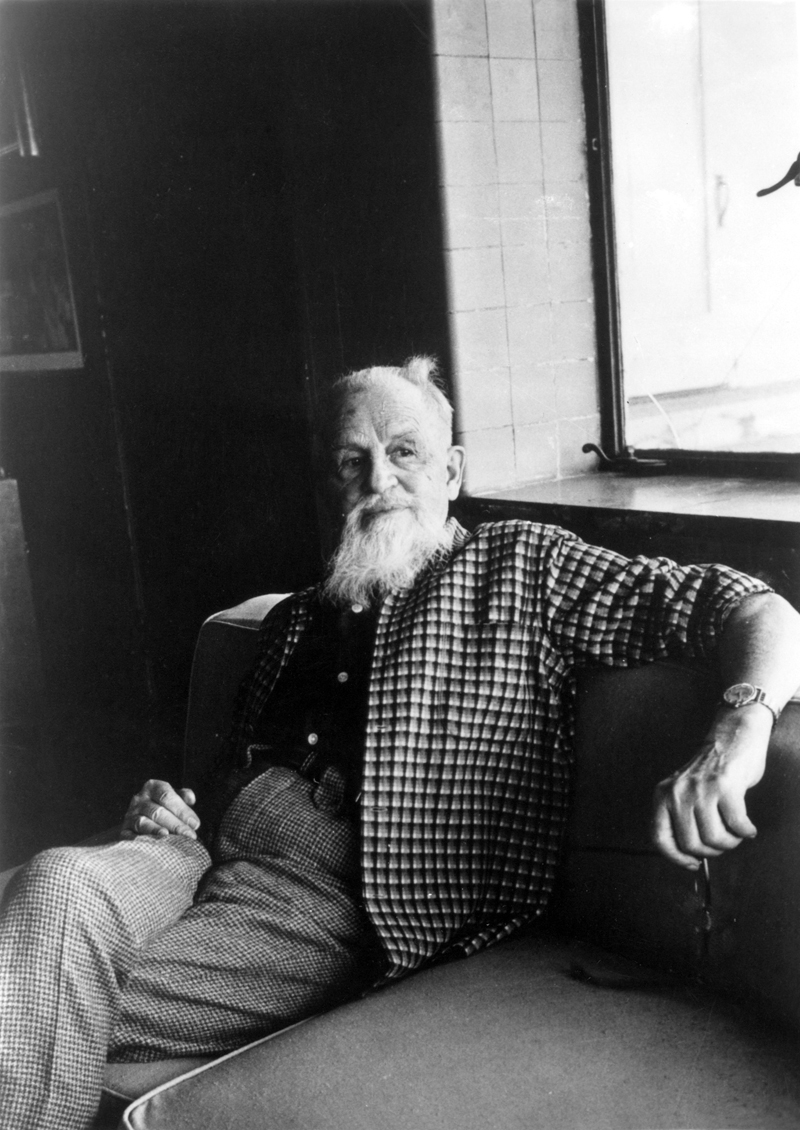Congratulations! If you are reading this you successfully navigated into the year 2020! We hope the champagne hangover is not too painful.
One of the great traditions of New Year's Day is making predictions for the year to come. Another is mocking the idiotic predictions people made last year. Maybe we can try the latter in 2021, but for today a bunch of SleuthSayers and some of our favorite mystery writers have pulled out our Ouija boards and tried to tell you where to invest the rent money. Or at least give you something to ponder until the Alka-Seltzer kicks in. Enjoy.
S.J. Rozan: My prediction for crime writing in 2020: the field will continue healthy, getting a new jolt of energy with the continued erosion of the white male as the default character and writer around whom women, people of color, LGBTQ people, and disabled people orbit. We're a long from there but the field will continue to move along the path of everyone's stories being equally valuable and equally interesting.

For my prediction for myself I turned to that 21st century Magic 8 Ball, the iPhone's predictive text. I typed in "In 2020 my career" and let the phone finish the sentence. Uh-oh. "In 2020 my career is in my mind and I’m not going on the right side because I have a plan."
Marilyn Todd:
What’s ahead, you want to know.
Noir? Thriller? Short storio?
I predict that from PIs to history
To a nice cozy mystery
Publishers still make all the dough.
Melodie Campbell: 2020 will be a year of great vision.
Josh Pachter: I predict that, truth being stranger than fiction, 2020 will see a whole lot of true-crime books detailing the antics of current and former members of the Trump administration, plus a lot of nasty name-calling during the months leading up to Election Day.
Steve Liskow: First, the traditional publishing industry will double down on what it sees as winners and ignore everything else. Established writers with a large following won’t be affected, but newbies wanting to break in will either write those genres or go indie.
As bookstores need the discount from big houses, they will be less and less inclined to carry work by unknowns or indie writers. That will drive more Indie writers to publish strictly in digital format. Readers who want more choice than the trads and bookstores offer will push the digital model even farther.
Kenneth Wishnia: I predict that JEWISH NOIR 2 will come out in September!
Steve Hockensmith: I boldly predict that 2020 will be a year of corruption, scandal, zealotry, lies, hyperbole, hypocrisy, vapidity, vulgarity, outrage, spin and animus. In related news, I predict that I will drink a lot.
Gary Phillips: As "Watchmen," "Mr. Robot," and "The Daily Show,"
have demonstrated, the wall between fantasy and reality will melt
completely and only the misguided and misunderstood in crime fiction
will be able to point the way out.
John M. Floyd: In 2020 I’ll be publishing a book that’s far from anything I’ve ever done. More on that later.
Robert Mangeot: 1.We’re living in a glorious age of crime fiction. The genre has never been more diverse and talent-rich. Great authors are treating us to their best work, and in 2020 I’ll read a steady stream of amazing stuff. 2. Much Diet Coke will summon a first draft should actual ideas fail me. 3. I’ve recently bought a working Bat Signal for the writing office. It’s even money that I’ll need it.
Paul D. Marks: Instead of novels about cats and cupcakes, the next new trend in publishing will be slumgullion. The Cat Who Ate the Slumgullion. The Missionary Who Drowned in the Slumgullion. Girl Gone Slumgullion. The Slumgullion in Cabin10. The Slumgullion on the Train. The Slumgullion On the Blue Dress
I also predict that there will be a surge in reading. People will throw away their cell phones in favor of paperback books – about slumgullion. People will stand about staring at paperback books, not looking at the Rembrandt hanging behind them. Not looking at each other. They’ll go to dinner and be reading madly instead of talking to each other.
Rabbi Ilene Schneider: On April 1, 2015, I posted on Facebook: “I was sworn to secrecy until April 1, but I can now announce my Rabbi Aviva Cohen books have been optioned as a movie by Spielberg, as a series by HBO, and as a musical by Sondheim. Bette Midler will star in all 3 productions. And Mel Brooks is teaming up with Gene Wilder and Carl Reiner to adapt my
Talk Dirty Yiddish as a PBS special.” I predict that in 2020, my announcement will go from April Fool’s joke to reality.
Travis Richardson: I'm not sure what to predict that's not politically dire. Maybe, due to AI, hacking, and electronic invasion of privacy 2020 will see a surprising demand in typewriters and stationery.
Charles Salzberg: As a kid, when my parents were otherwise
engaged—in other words, paying no attention to me--I’d tune into the
Tonight Show. One of Johnny Carson’s favorite bits was Karnak who,
wearing a garishly bejeweled turban, held a sealed envelope to his
temple and mysteriously divined the contents. For some reason, perhaps
it’s the alliteration, the one that sticks with me was his prediction of
“Tics in Tennessee.” Knowing there’s no way I can top that one, I can
only offer this: as successful as I will be avoiding work in every
creative way possible, I will still manage to complete a new novel and
it will probably, once again, piss off mystery reader purists.
Mary Fernando: Sex in the New Year:
*Women have spoken
out in #MeToo and #TimesUp. Women leaders like New Zealand’s Jacinda
Ardern have redefined what women do on the world stage: they are strong
and they are compassionate. New leaders like Greta Thunberg are showing
us what women will do in the future.
*These changes impact men too in the growing #HeforShe movements, where men admire this new, strong and compassionate woman.
*How
will this change writing? I suspect that some old roles women and men
played in fiction will go the way of ‘Blackface’ portrayals, as a
different type of woman and man are written.
Michael Mallory: I predict the widespread trend of setting mysteries and thrillers in the past will continue, and for one reason: it circumvents the cell phone problem. Who today can disappear, be abducted, or even face danger when all they have to do is call 911 on their cell, or be called by others? What detective needs to follow clues when all he/she has to do is Google information on their smartphone? Cell phones are a hindrance to mystery plotting, and rather than struggling to explain why a character doesn’t use one, it’s just easier to set the story in pre-cellphone times.
Signora Eva di Vesey di Neroni (AKA Eve Fisher): As the definition of what is criminal behavior becomes increasingly elastic, the fiction market will primarily be:
(1) hardcore noir, where everyone knows everyone is rotten;
(2) Amish and Heartland detectives, all male, whose purity and probity are incontestable. They always catch the criminal, win all the hearts, and then go home to Sarah;
(3) More Presidential vampire / zombie slayers.
(4) More Presidential vampires / zombies, being slain by others
T.K. Thorne:
Bookstores will thrive again as people reconnect with the tactile experience of ‘real’ books. Digital offerings will give more choices for the paths of plot. As for murder, I predict it will continue.
Stephen Ross: I predict for 2020 that I will, once again, fail to come up with an ending for a long-time resident in my short story WIP folder. It's a science fiction story I wrote a couple of years ago. It's a really cool, funny story, with a couple of great characters... but it has no ending.
Kate Thornton: I think we are going to see much in the way of public rebellion against the dismantling of the rule of law which will be reflected in fiery discourse, massive public engagement, and a triumph of reason over mindless greed. This will be a field of dreams for writers of both crime fiction and chroniclers of true crime. The field will sprout with book after successful book, delighting us with engaging characters who may have been deemed boring in the past, villains who would have seemed extreme a few scant years ago, and crimes more complex and insidious than the usual whodunit. I urge my fellow writers to get ready for an explosion of creative crime, as we do what we have always done: use our art to right the world, our words to restore the balance once more.
Craig Faustus Buck: I predict no new books from Agatha Christie in 2020. Once again, the Grand Dame shall be resting on her laurels. The same can most likely be said for my lazy self.
Jan Grape: I predict, there will be another 392 new authors in the Mystery genre in 2020 that I won't know. I predict that Harlan Coben, Lee Child, & Michael Connelly all will have block buster thrillers and new movies out on various mediums in 2020. I predict our SleuthSayers authors will have more award wins. Finally, I predict, and this better be in your column, Rob or I might have to call you a Texan, I predict I'll finally learn how to use my new 4 month old laptop and my printer/copier/scanner/ dishwasher/microwave/laundry duo so I may get a short story written, be nominated and win an award in 2020 myself.
James Lincoln Warren: I predict that all the predictions I make about 2020 will be wrong. And when they all are, the fact that this particular prediction will turn out to be true will result the complete breakdown of causality, and time will cease to exist. After that, either the universe will explode, or I will win the Oscar for Best Prognostication.
Robert Lopresti: The Mystery Writers of America's Edgar Awards committees will continue to demonstrate their shameful prejudice against mystery writers who happen to be left-handed Italian-American librarians.
Brendan Dubois: 1. The popularity of novels involving vampires will finally wane, 15 years after I first predicted it. 2. Novels featuring windows, girls, and trains will no longer be popular. However, novels featuring doors, boys, and Greyhound buses will see an upswing. 3. If you thought the presidential election of 2016 was wild, 2020 will say, "Hold my beer."
 I had 26 stories published in 2019--eight appeared in anthologies (some by invitation, some by open-call
I had 26 stories published in 2019--eight appeared in anthologies (some by invitation, some by open-call









































